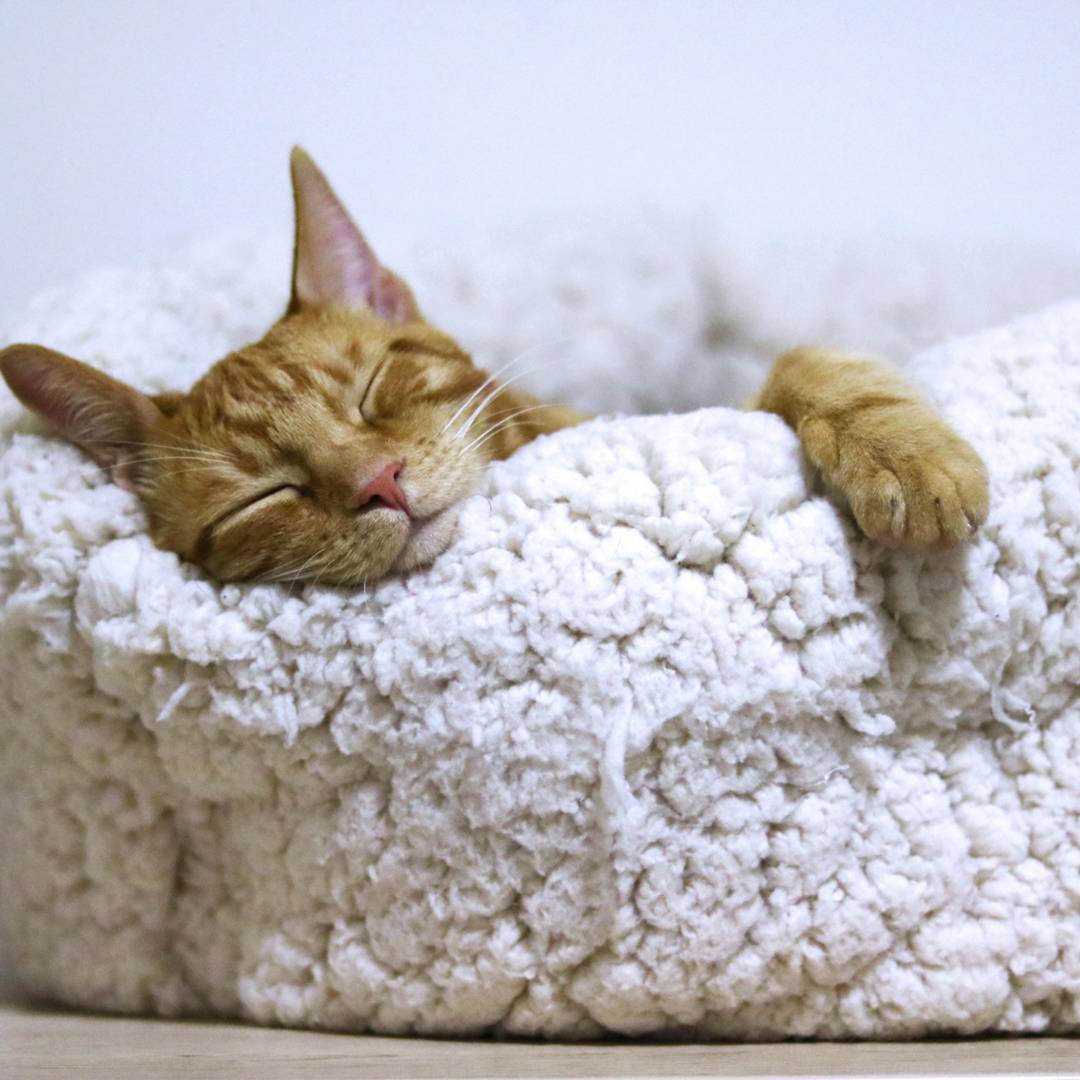Blog
Permanent link for How Poor Sleep Can Mess You Up on February 25, 2021
I never realized how important sleep was until I started getting enough of it. A good sleep schedule can quite literally change your life! My freshman year at GVSU was rough; as a light sleeper the dorms were like my personal hell. Most nights I would only get a few hours of restless shut-eye; during the day I found myself falling asleep at inopportune moments and feeling dazed the rest of the time.
A poor sleep schedule can have very real, negative effects on people. Physically you are at risk of a weakened immunity, weight gain, and heart related problems such as high blood pressure and stroke. Maybe not so obvious, poor sleep is strongly linked to many mental disorders- it can impair your abilities to make decisions, cope with stress or change, and control emotions. These effects wreaked havoc on my life- and I didn’t even realize it was happening for so long!
Some of the biggest negative impacts of poor sleep affect your memory and ability to learn. Kind of important being students and all wouldn't you say? Did you know that basically the whole reason we ever remember anything is because we sleep? While sleeping, your brain is preparing for the next day by sorting and consolidating information into your long term memory. Sleep is absolutely necessary in order to learn and remember information!
Ok, So What Should I Do?
First step is to get enough sleep. The average college
student gets about 6-6.9 hours of sleep each night. For any
functioning adult, a bare minimum of 7 hours is needed and, unless you
are part of the 1% of our population that has an exceedingly rare
genetic mutation, this includes you! Some people need 9 (or
more!) hours.
Secondly, you’ll want to maintain a fairly regular sleep schedule. This means you should try to go to bed and wake up around the same time everyday. An irregular sleep schedule can be just as bad as not enough sleep since it messes with your circadian rhythm. Your circadian rhythm is like an internal biological clock that lets your body know when it should feel sleepy or awake. Do you ever wake up and just feel exhausted all day? You are probably suffering from irregular sleep.
Tips & Tricks to a Good Night’s Rest
How can you change your habits in order to get better sleep?
- Consider setting alarms on your phone to start establishing a sleep schedule. This means a wake-up alarm and a bedtime notification. Apple products have this function built into the clock app.
- Try to relax before bed. Don’t do any crazy activities and then try to fall asleep! Read a book or try a nighttime meditation
- Make your space comfortable. A cool, dark, quiet space is best for sleep. I use a sleep mask and, when I was living in the dorms, sound-cancelling headphones (my savior). Now I turn on a box fan or use the Relax Melodies app for some white noise.
- If you have trouble falling or staying asleep consider a melatonin supplement; something to talk to your doctor about.
- Speaking of doctors; don’t be afraid to approach your doctor if you are having an issue with sleep. Many suffer from sleep disorders such as insomnia or sleep apnea. (Learn more about the many types of sleep disorders at the Sleep Foundation’s website).
- Caffeine might get you going in the morning, but it should be stopped 4-6 hours before bedtime in order to avoid the adverse effects caffeine has on sleep.
Better Sleep = Better You
As mentioned, better sleep means better physical health, less
sickness and stress, better memory storing, and improved coping skills.
Studies
have also found that better sleep is associated with better academic
performance in college students- so by getting enough sleep and
maintaining a regular sleep routine you can be healthier, feel more
motivated, and do better in your classes! Happy sleeping!
By: Stella Sterling, WIT Peer Educator
Categories:
Sleep
Posted
on
Permanent link for How Poor Sleep Can Mess You Up on February 25, 2021.


